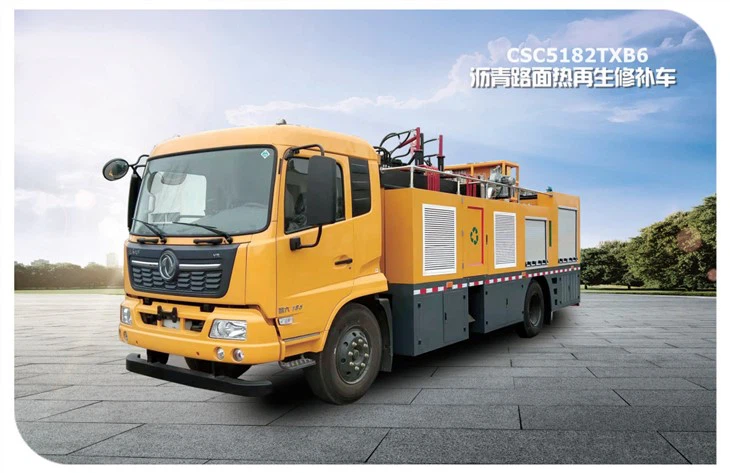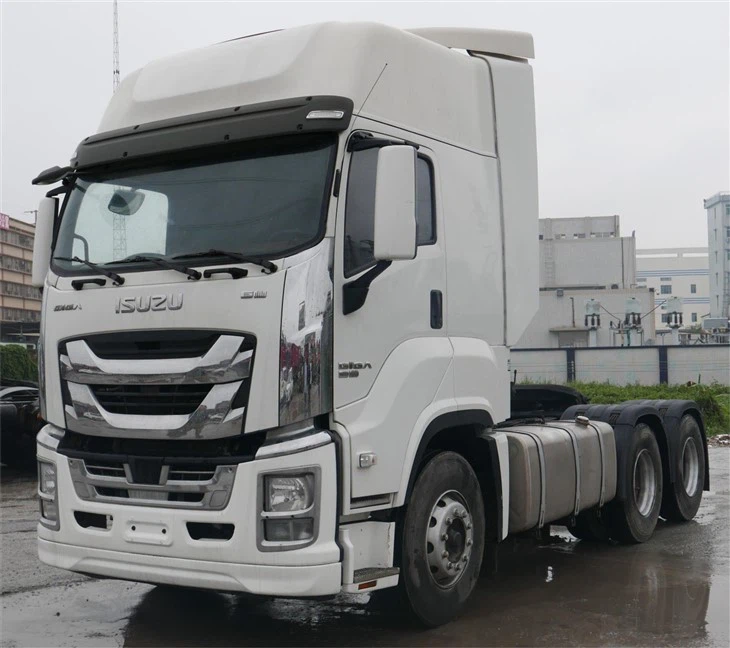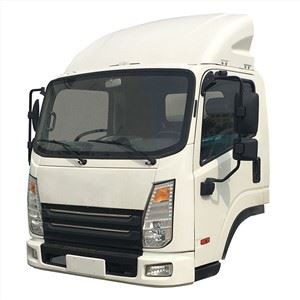How Much Does a Trash Truck Cost? A Comprehensive Guide

When exploring the costs associated with waste management, one of the most significant expenses for municipalities or private waste management companies is the purchase of a trash truck. These specialized vehicles play a crucial role in keeping our communities clean. This article will delve into the factors that influence the cost of trash trucks, the types available, financing options, and much more. By the end, you will have a well-rounded understanding of the expenses associated with acquiring a trash truck.
Understanding Trash Trucks
What is a Trash Truck?
A trash truck, also known as a refuse collection vehicle, is designed specifically for the collection, transport, and disposal of waste materials. These trucks are built to accommodate various forms of waste from residential and commercial sources.
Types of Trash Trucks
Different types of trash trucks serve various purposes. Here are the main categories:
- Front Loader Trucks: Used for commercial waste collection; features a hydraulic lifting mechanism at the front.
- Rear Loader Trucks: Most common type, designed for residential garbage collection. Waste is loaded from the rear.
- Semi-Automatic Trucks: Combines elements of manual and automatic systems where the operator assists with lifting and dumping containers.
- Automated Side Loaders: These trucks use robotic arms to collect waste containers efficiently.
Factors Influencing the Cost of Trash Trucks
1. Type of Truck
The type of trash truck significantly influences its price. Automated side loaders, for example, typically cost more due to their advanced technology compared to rear loader trucks.
2. New vs. Used Trucks
The choice between purchasing a new or used truck is a major factor in overall cost. While new trucks come equipped with the latest features and warranties, used trucks present a more budget-friendly option, albeit with potential maintenance issues.

3. Specifications and Features
Additional features such as engine type, load capacity, and special equipment (e.g. compactors) can raise the price. Trucks with higher payload capacities will generally be more expensive.
4. Manufacturer
Different manufacturers offer varying price ranges. Some brands are known for their durability and long lifespans, which could justify a higher upfront cost.
5. Geographic Location
Local market conditions affect the price of trash trucks. In regions with high demand, prices may be elevated compared to areas with less demand.
Average Costs of Different Types of Trash Trucks
| Type of Truck | Average Cost (New) | Average Cost (Used) |
|---|---|---|
| Front Loader | $200,000 – $350,000 | $80,000 – $150,000 |
| Rear Loader | $100,000 – $200,000 | $40,000 – $80,000 |
| Semi-Automatic | $150,000 – $250,000 | $60,000 – $120,000 |
| Automated Side Loader | $250,000 – $400,000 | $100,000 – $200,000 |
Financing Options for Trash Trucks
1. Purchase Financing
Dealerships and manufacturers often offer financing options allowing buyers to spread payments over time, making it easier to manage cash flow.
2. Leasing
Leasing provides access to a trash truck without the burden of full purchase costs. This is particularly appealing for businesses with fluctuating needs.
3. Grants and Subsidies
Some government programs offer financial assistance or grants for purchasing eco-friendly vehicles, which includes modern trash trucks designed for efficient waste management.
Operational Costs Associated with Trash Trucks
1. Fuel Expenses
Trash trucks generally consume a considerable amount of fuel. Understanding fuel efficiency and fuel prices in your area is crucial for budgeting.
2. Maintenance Costs
Regular maintenance is necessary to keep trash trucks operating efficiently. Budgeting for routine maintenance costs and unexpected repairs is essential.
3. Insurance
Insurance premiums can vary based on the type of truck and its usage. It is advisable to consult multiple insurers to find the best rate.
Tips for Purchasing a Trash Truck
1. Evaluate Your Needs
Consider the volume of waste you will be collecting and choose a truck that fits those requirements without excess capacity.
2. Research the Market
Explore different dealers, compare prices, and read customer reviews to ensure you find the best deal.
3. Inspect Used Trucks Thoroughly
If opting for a used truck, conduct a thorough inspection or hire a mechanic to evaluate its condition to avoid costly repairs later.
4. Consider Financing Wisely
Review all financing options and choose one that best suits your financial situation without overextending your budget.
Frequently Asked Questions (FAQ)
1. What is the lifespan of a trash truck?
Generally, a trash truck can last anywhere from 10 to 15 years, depending on usage and maintenance.

2. Can I buy a trash truck for personal use?
While it is possible, purchasing a trash truck for personal use is rarely practical due to high costs and maintenance needs.
3. How often do trash trucks need servicing?

Trash trucks should undergo servicing at least every 5,000 to 10,000 miles or every few months, depending on usage.
4. Are there eco-friendly options available?
Yes, many manufacturers now provide hybrid or electric trash trucks, promoting eco-friendly waste management practices.
5. What factors can increase insurance premiums for trash trucks?
The age of the truck, its value, the driver’s experience, and the operational area can all affect insurance costs.
6. What should I consider when buying a used trash truck?
Look for maintenance records, inspect for wear and tear, and take a test drive to assess handling and performance.
